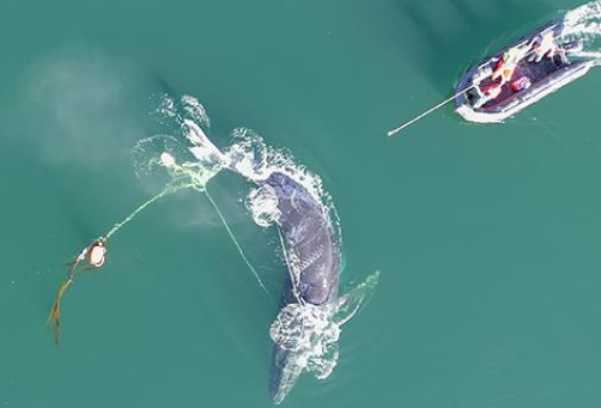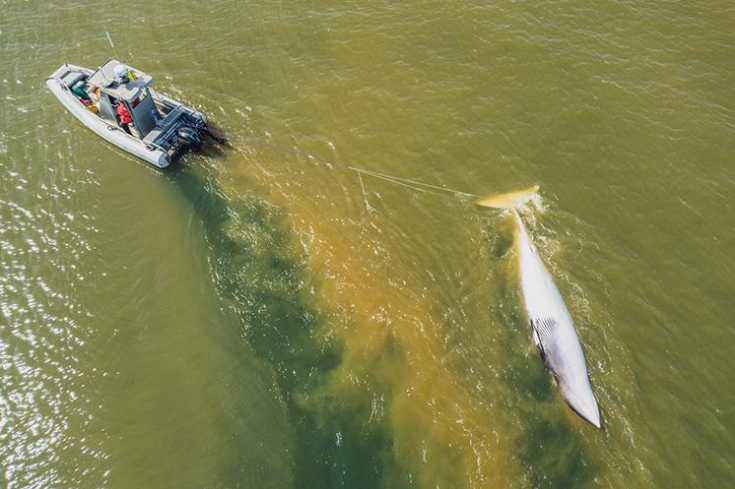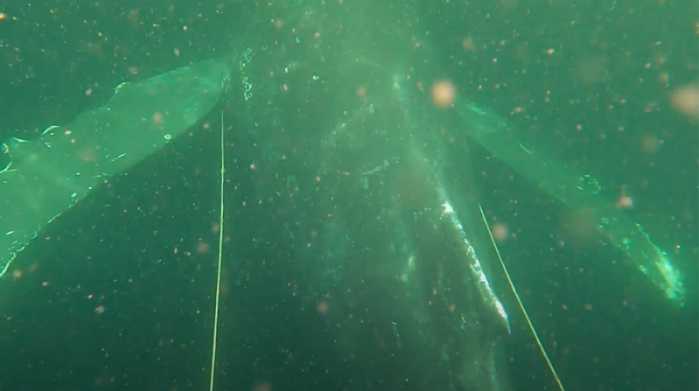 TUKNILUNI – STRONG (TO BE)
TUKNILUNI – STRONG (TO BE)
SUUGET TUKNIGTAALLRIIT CUUMI. – PEOPLE WERE STRONG BEFORE.
Hauling water, pulling in a net, and splitting and carrying wood are common tasks in Alutiiq communities and activities that require physical strength. For both men and women, being strong is vital to daily life. Alutiiq legends remind people of this important quality. Raven, the hero of many Alutiiq tales, feeds his starving village by towing home the carcass of an entire whale. A girl, alone and weakened by famine, drinks from a river and becomes strong enough to place a tree trunk across its water. And the large cooking fires of very strong men are said to create the clouds of smoke and fire that rise from volcanos.
Alutiiq games, both traditional and modern also highlight the importance of strength. Traditional wrestling matches, races, and throwing games demonstrated coordination and physical power. Today, young athletes show their strength at NYO, the Native Youth Olympics. Held since 1972, this competition features ten events based on Alaska Native games. Each event highlights the physical skills essential to subsistence living in Alaska—agility, balance, and determination. Strength is important in all the events, especially in the stick pull. This game is inspired by the strength needed to pull a seal out of the water.
For the stick pull, a pair of competitors sit with their knees bent and the soles of their feet pressed together. Then, each contestant leans forward and grasps a wooden stick. An official starts the match and the athletes pull. Each tries to take the stick away or make their opponent stand. The first athlete to win two matches wins the game. Every year Kodiak middle and high school students practice NYO skills at school and complete locally to earn a place representing the island at the state-wide games in Anchorage.








